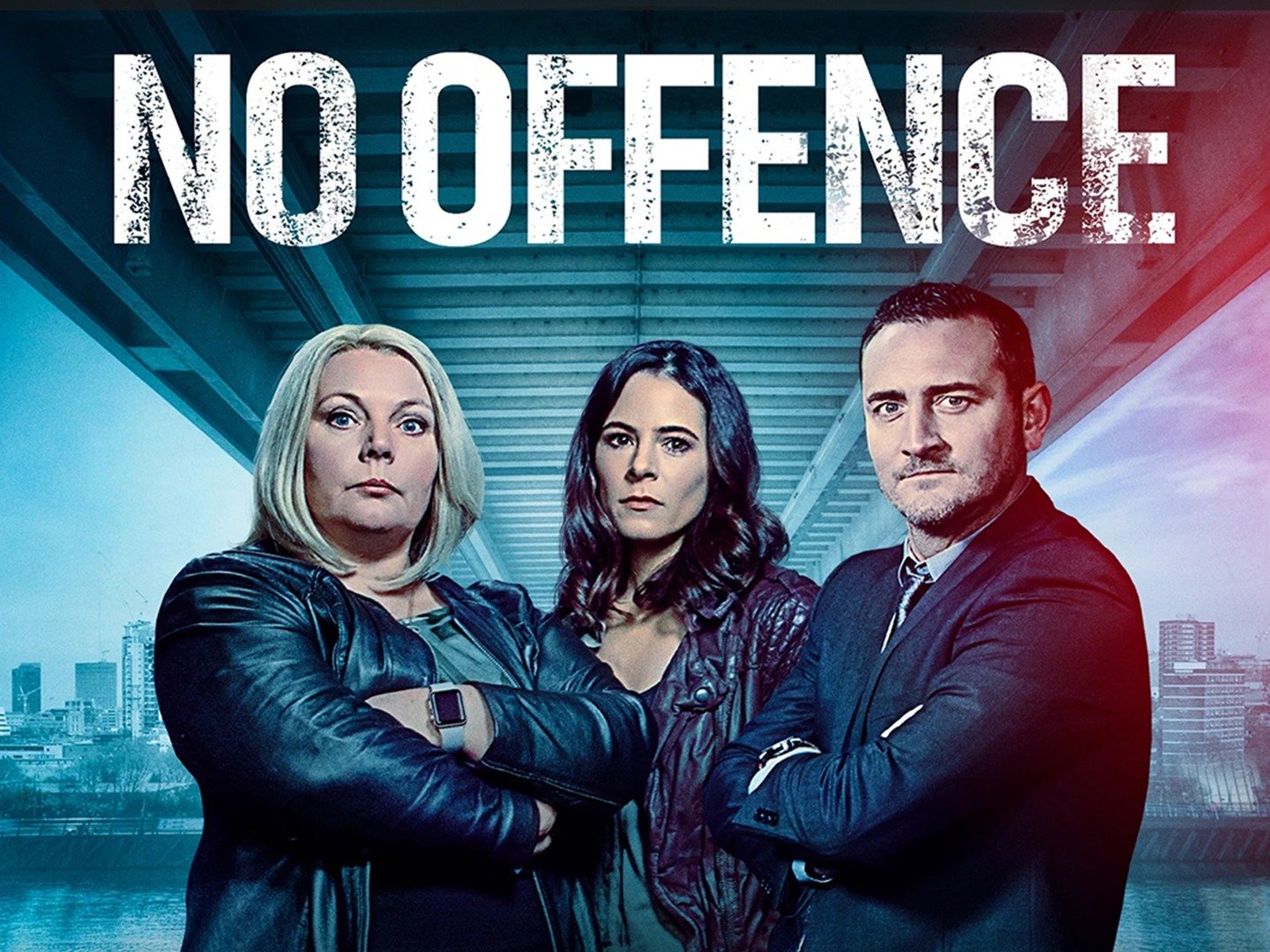Capital
Produced by Kudos Film Company in the United Kingdom and distributed by Fremantle. Aired on BBC One.
Essay Draft
Television producers often attempt to target national and global audiences through subject matter and distribution. David Hesmondhalgh states that operating in the media industry is a “risky business” and so many actions must be taken to avoid and mitigate this risk. One example of this can be seen in the production of Deutschland 83, which is a co-production between UFA, AMC Network and RTL television. This can minimise risk in that money is split between multiple companies. In addition, Deutschland is set in Germany, which means that having companies from different parts of the world (Germany, United Kingdom, United States in this case) can assist in the globalisation (spreading a media product to a global audience) meaning that a more diverse audience can be targeted and so more money can be made, minimizing the risk. These multiple companies also have lots of different contacts, making things such as distribution much easier. Deutschland was distributed through All 4, which has a mixed model structure as it is both stately and publicly owned. The “Genre” of Deutschland 83 is a Spy Thriller, as described by Steve Neale as a “corpus” or repertoire of elements which can have both predictable and innovative elements. Examples of predictable elements in Deutschland include when someone’s drink was poisoned and the agent’s finger was snapped.
Many theorists can be linked to Deutschland 83, such as Vladmir Propp. He talks about stock characters, such as the hero, princess and villain. Martin could be described as the hero, his girlfriend as the princess, and the West as the villain. The use of these traditional stock characters makes the product more reactionary and so reduces risk in that people are more likely to buy and enjoy the product. Another theorist that is relevant here is Tzetvan Todorov, who talks of stories having a beginning, middle and end. The “denouement” in the story is when Martin completes the mission by taking photographs of the important documents. Levi-Strauss talks about the use of “Binary Oppositions” in media products and these are relevant in Deutschland, as shown with the rivalries between East/West. Finally, Laura Mulvey described an idea she termed “The Male Gaze” and this relates to Deutschland in the sense that the main character, Martin, is male who carries out tasks which many may deem as having lots of violence. While this is occurring, the female character, his girlfriend, remains in the East, not taking part in any entertaining or enthralling activities and often being used as a source of male gratification.
Capital is a public service broadcasting program from the BBC, produced by Kudos Entertainment and distributed by Fremantle, that satisfies the BBC’s ethos being to inform, educate and entertain. Public Service Broadcasting refers to products that are broadcasted to the public for entertainment and exchange of information and not intended for profits to be made. This is contrasted by Curran and Seaton’s viewpoint, and they refer to the idea that “The media industry is controlled by a small amount of powerful companies who create media products for profit”. These powerful companies are often able to alleviate the level of regulation required on their products, as described by Livingstone and Lunt.
Key Points
David Hesmondhalgh – “Risky Business” – Deutschland co-production, RTL, AMC, UFA – different countries/companies – globalisation, diverse audience – more money
All 4 – distributed Deutschland – mixed model structure partially state/public owned.
Genre – Neale – Deutschland = Spy Thriller, corpus/repetoire of predictable and innovative elements, predictable – finger snap, poison drink, innovative = German, cold war.
Propp – stock characters
Levi-Strauss – Binary Oppositions – East/West
Todorov – Denouement, beginning middle end
Mulvey – Male Gaze
Lazarfelt – Two step flow – Capital – Ideas about London could be misinterpreted – lose money
Capital – BBC – Public service broadcasting – not for profit
BBC – educate, inform, entertain
Contrasts Curran and Seatan – Small number of powerful companies control the media
Powerful companies may be able to waive regulation – Livingstone and Lunt,



